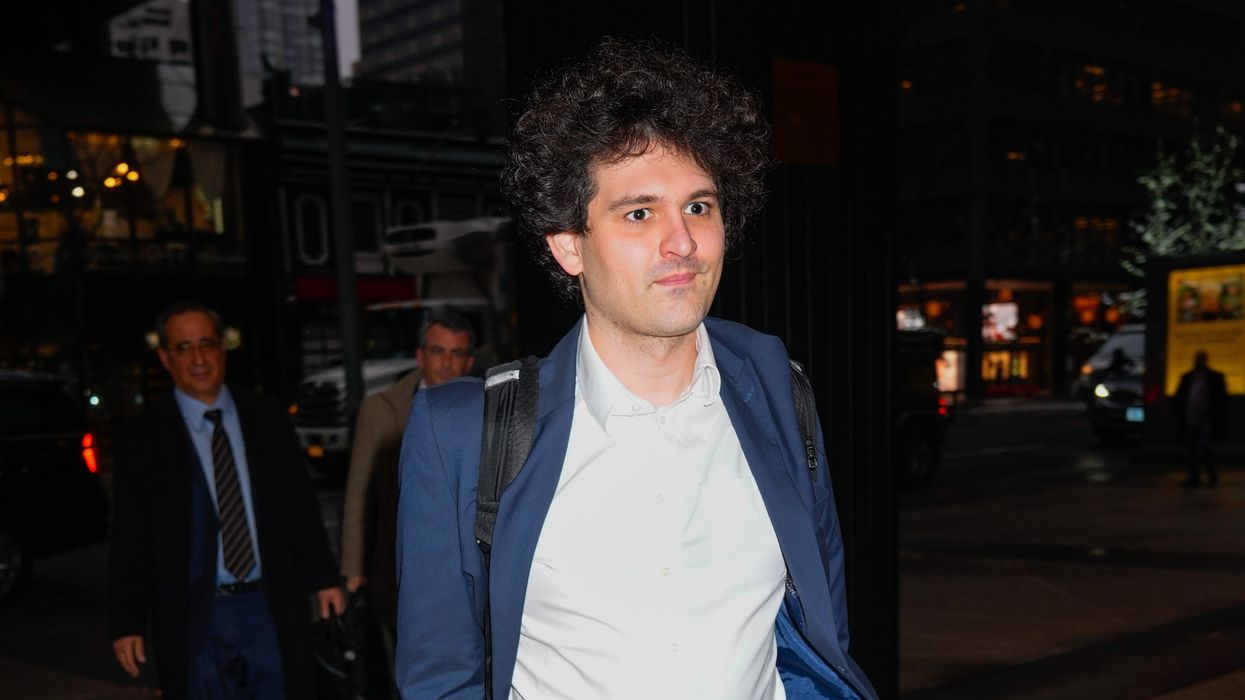Pruthi is an associate professor of entrepreneurship at San Jose State University. She is also the lead author of “ Global Entrepreneurship and Innovation ” and a public voices fellow with The OpEd Project.
Sam Bankman-Fried, co-founder and former CEO of the cryptocurrency exchange FTX, was convicted in November on seven criminal counts after a month-long trial following the company’s collapse last year. Specifically, Bankman-Fried was convicted of forging financial statements to steal $10 billion deposited by customers in FTX so he could finance political contributions, venture capital investments and luxury real estate purchases.
His misconduct is not to be confused with the mistakes early-stage founders are prone to making. Ethical and responsible governance based on accountability to stakeholders and transparency of information is the hallmark of a liberal and democratic civil society and political system. Yet, in this age of rapidly growing high-tech start-ups, inadvertent breaches of corporate governance are likely to become more rampant unless founders understand the importance of full disclosure and take the lead in ensuring compliance with the ethical and legal code.
The liabilities of newness and smallness along with high personal investments of time, money and energy present difficult trade-offs at critical junctures in the lives of new ventures. Founders’ relative lack of awareness of the law coupled with pressures from stakeholders including co-founders, competitors, investors, governments and even their own families, make them especially vulnerable to ethical and legal misconduct.
The challenge of sudden growth, coupled with pressing capacity constraints, often causes burnout leading to a possible faux pas. Bankman-Fried worked more than 10 hours a day during the 2021 bull market, overseeing several parts of the company. FTX’s difficulties of opening a bank account and its reliance on Alameda Research, another of Bankman-Fried’s companies, to deposit funds are well known. While these operational gaffes may serve as warning signs to other start-ups of the dangers of the lack of attention, clearly it was far more than just negligence in the case of Bankman-Fried.
Safeguarding against misconduct is important to avoid heavy penalties and the loss of credibility – but it can even threaten entrepreneurial firms’ very existence in the extreme. Theranos, a private healthcare and life sciences company based in Palo Alto, California, is a case in point. According to the U.S. Attorney's Office, co-founder Elizabeth Holmes defrauded doctors, patients, and investors by making false claims about her company’s ability to provide accurate and reliable blood tests and results. Once a rising icon of success, Holmes was convicted in 2022 and sentenced to 11 years in prison for her actions.
Early-stage ventures are not the sole violators of the ethical and legal code; their more established counterparts are as guilty. Elon Musk’s electric vehicle maker, Tesla, has been fined for air quality violations, criticized for alleged child labor involvement in its supply chain, and disproportionate director’s pay and poor tax conduct, and sued for widespread and ongoing racial abuse of its Black employees at one of its manufacturing plants. More recently, the Federal Trade Commission and 17 state attorneys general sued Jeff Bezos’ Amazon for using unfair strategies to stop rivals and sellers from lowering their prices and maintaining monopoly power. Amazon allegedly made $1 billion by using a secret algorithm to raise its prices while still staying lower than its competitors.
To say that dealing with governance in entrepreneurial firms has been sidestepped would be misleading. While state agencies work tirelessly to ensure compliance with the law, fast-growing start-ups draw inspiration from their publicly listed counterparts to train employees and institute written codes of conduct. Yet formal mechanisms have not prevented companies from violating the very principles they have espoused.
Google’s famous “Don’t Be Evil” tagline did not deter co-founders Sergey Brin and Larry Page from partnering with the Chinese government to sell Google Analytics in that country despite the government previously imposing strict censorship requirements on Google’s search engine technology. No surprise that the “Don’t be Evil” stand has since gone missing from Google’s Code of Conduct.
The question of reawakening the consciousness of the entrepreneurial firm remains. The onus is on the individual founder to promote a strong ethical culture and lead by example. Creating and sustaining flat, non-hierarchical organizations, and building trust, transparency, and open communication with stakeholders are informal safeguards that founders can usefully combine with more formal mechanisms to ensure accountability. Exponential growth of the entrepreneurial firm need not come at the expense of compromising integrity so long as the conscientious founder is truly serious about treading the moral high ground.




















